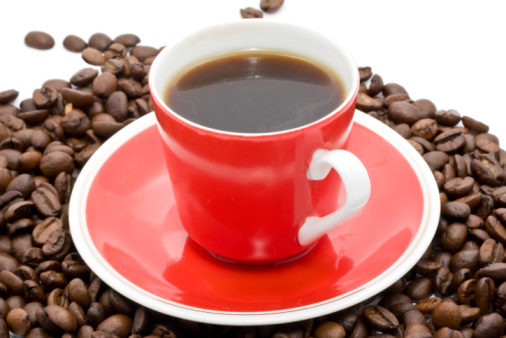Bristol, UK-Enough of the tired excuse, I haven’t had my coffee yet. It’s common for people to blame their morning grogginess on a lack of caffeine, but a recent study suggests that the morning jolt may be nothing more than a figment of the imagination.
A study published online in June in the journal of Neuropsychopharmacology reports that habitual coffee drinkers often develop a resistance to the “anxiety-producing and the stimulatory effects of caffeine.” One strong cup of coffee (or 2-3 cups of tea) per day may be enough to cause this tolerance, the researchers say.
While one may think that their morning caffeine is the key to a productive day, findings suggest that the alertness caused by coffee is actually the reversal of acute caffeine withdrawal.
Researchers conducted a randomized, double-blind study of 379 individuals who abstained from caffeine for 16 hours before the study. While one group received 100 mg of caffeine, followed by another 150 mg 90 minutes later, the control group was administered placebos both times.
Participants, who ranged from non/low caffeine-consumers to medium/high-caffeine consumers, were asked to rate their levels of anxiety, alertness and headache. The medium/high caffeine-consumers who received the placebo reported headaches and inattentiveness, while those who had received caffeine felt normal. In addition, their post-caffeine levels of alertness were nearly the same as the non/low consumers who received a placebo.
According to Peter Rogers, a professor at the University of Bristol’s Department of Experimental Psychology and one of the authors of the study, “Caffeine consumers should avoid intermittent patterns of consumption (e.g., heavy during the week and little or none at weekends), as this increases risk of getting withdrawal effects (fatigue and headache) by the end of the weekend.”
He also concluded that “we don’t gain an advantage from consuming caffeine.” Although a cup of coffee or tea in the morning is a comforting daily routine, it may be best to wean off the caffeine before a false dependency is formed.
By Alex Bachert
Published in WholeFoods Magazine August 2010 (published ahead of print on June 14, 2010)










